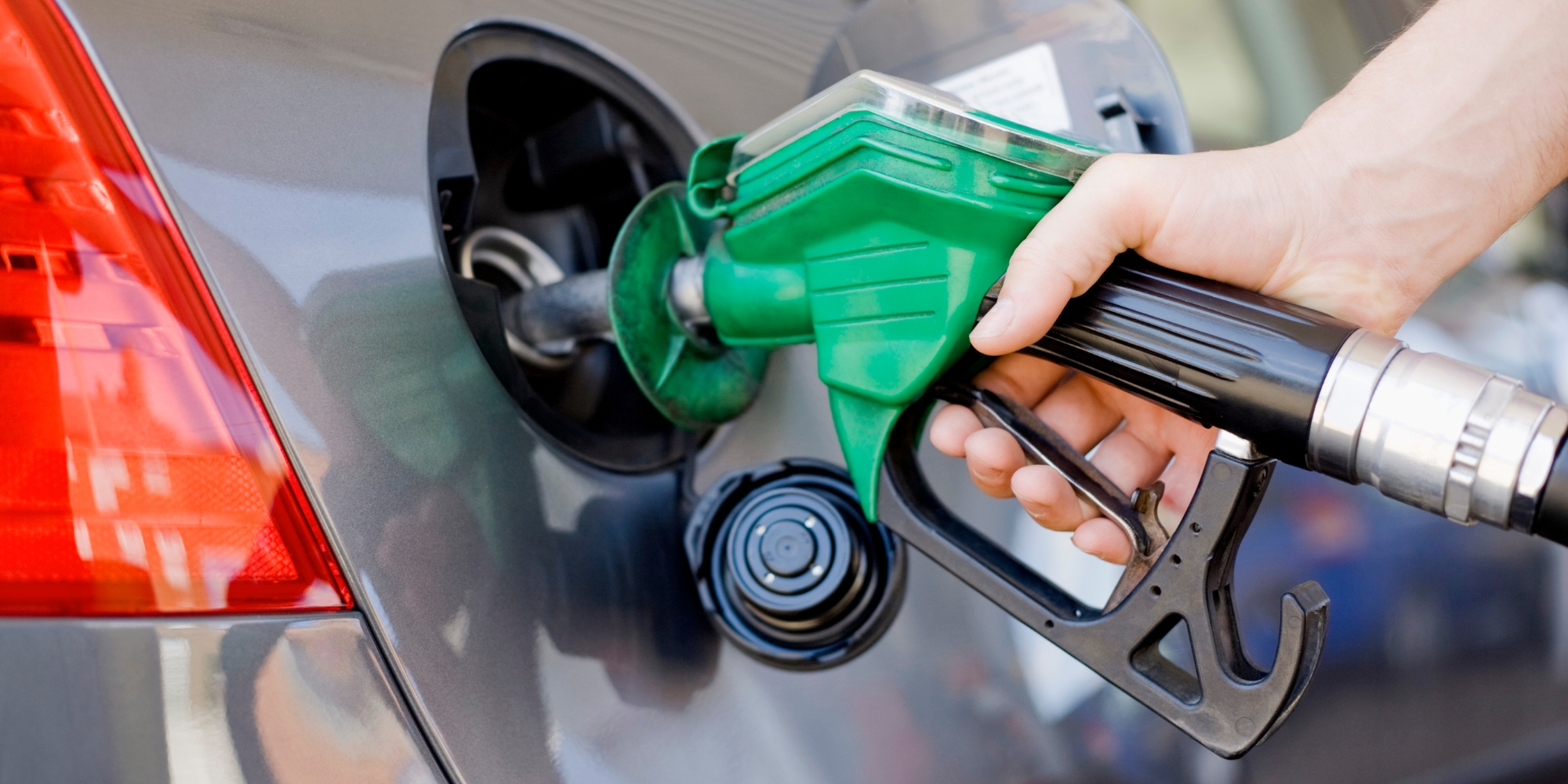Communities of all sizes are implementing goals to improve the environment. The majority of these goals are focused on transportation, as this sector is the largest contributor to greenhouse gas emissions in the United States. Last April, Madison’s mayor Satya Rhodes-Conway introduced the Climate Forward plan for the city, which outlines the actions the city will take to advance its work to combat climate change over the next two years.
Among a number of strategies to reduce emissions, improve resilience, and support green job creation, the plan also requires that all municipal vehicles run on 100% renewable resources and be carbon neutral by 2030. Because the technology and infrastructure for heavier-duty vehicles aren’t currently available, Madison is also utilizing biofuels to help meet this goal.
Biofuels are available throughout the United States and can be competitive in price with ultra-low sulfur diesel (ULSD). Biofuels are renewable fuels primarily made from agricultural products such as soybean oil and other waste products, like distiller’s corn oil, inedible or used cooking oil, and beef tallow. Biodiesel can reduce greenhouse gas emissions by up to 86% and hydrocarbon emissions by approximately 67%. Another benefit of biofuels is that they have a direct correlation to improved health outcomes. This is especially in lower-income populations, due to the reduced emissions and improved air quality. A recent study found this correlation in cities around the U.S., such as Chicago, Buffalo, Houston, and Charlotte.
Biofuels can also be used in existing diesel engines and generally without any modifications, such as the engines in municipal buses, refuse trucks, snow plows, and other medium and heavy-duty vehicles. Biofuels can be used alone (B100) or blended with petroleum diesel. A blend that is commonly used is B20, which means 20% biodiesel and 80% petroleum diesel.
Madison first started using biodiesel in 2018, using a B5 blend (5% biodiesel, 95% petroleum diesel) in the fall and winter, with a B11 blend in the spring and summer. Beginning in the summer of 2019, a B20 blend was used in warmer months. This marked the first time all ten fuel sites for the city dispensed B20.
Now, Madison is beginning to move to higher blends, which will mean additional emissions reductions. The city is partnering with Optimus Technologies and Renewable Energy Group to aid in the transition. Optimus Technologies’ patented system enables diesel engines to operate efficiently on 100% biodiesel — even in challenging weather conditions. Renewable Energy Group, one of the leading biofuels producers in the United States, has a plant located in Madison.
Mahanth Joishy, Superintendent of Fleet Services for Madison, is excited to see the positive impacts of the switch on the economy and climate, saying “What could be better than reducing soot and carbon emissions from our garbage and dump trucks by using Wisconsin-made REG biodiesel, made from Wisconsin soybeans, grown by Wisconsin farmers? The goal is a renewable, sustainable, circular economy that benefits our communities. That’s about as circular as you can get.”
Madison isn’t the only municipality that is making a switch to lower-carbon fuels. Additionally, there are increasing government regulations or incentives for using biodiesel. If making the switch to biofuels is the right step for your community, many federal resources provide resources and financial aid to implement biodiesel in operations, one being the USDA Biofuel Infrastructure Grant. Other resources can be found on the Alternative Fuels Data Center website.
About the Author
Jon Scharingson is the Executive Director of Strategic Initiatives for Renewable Energy Group (REG).






